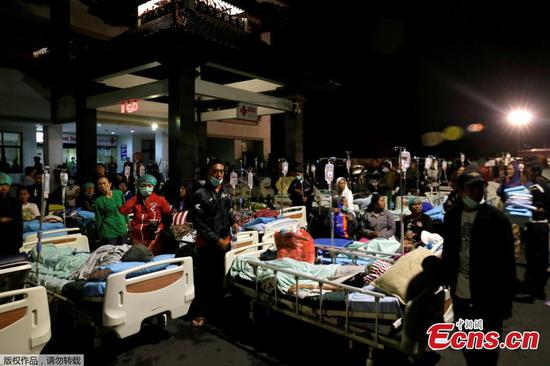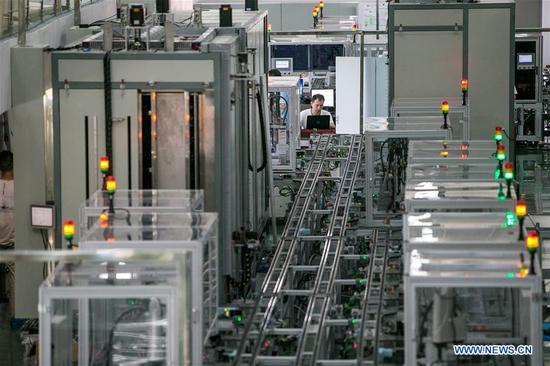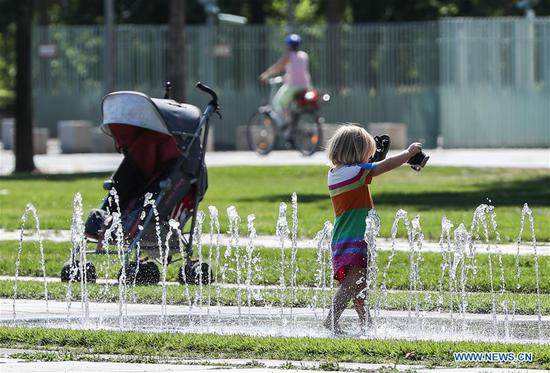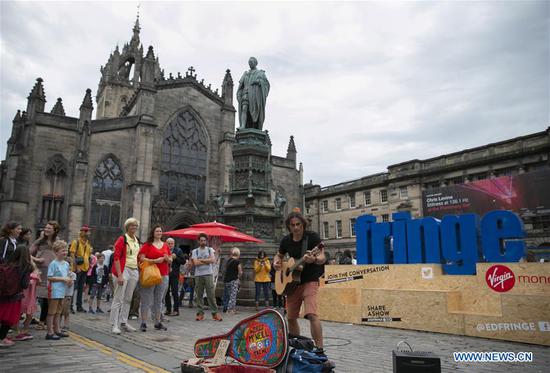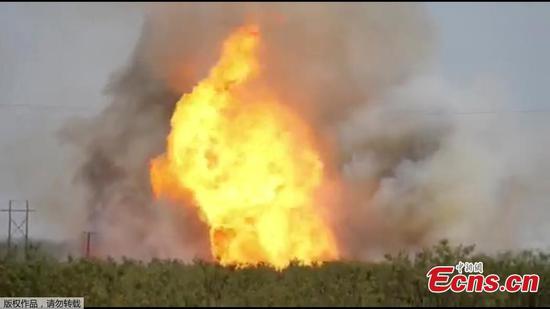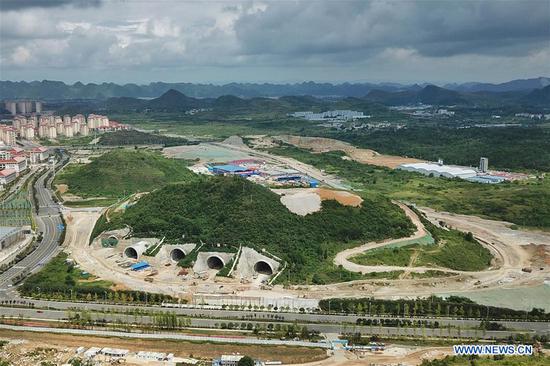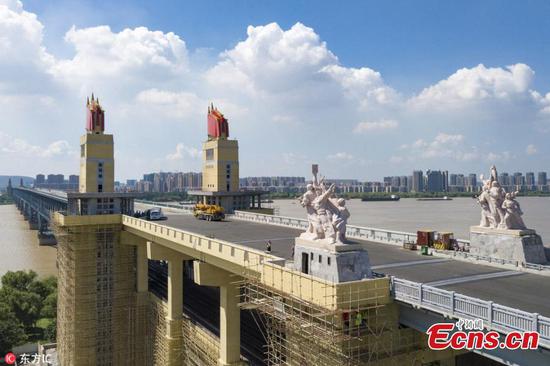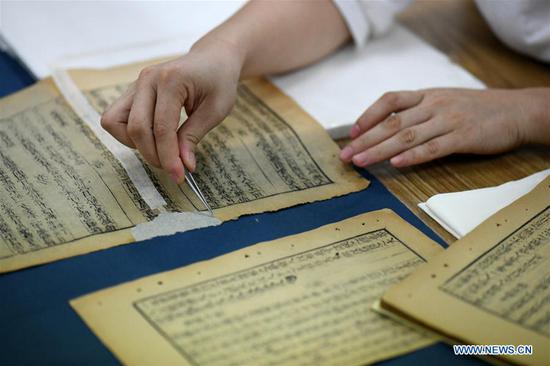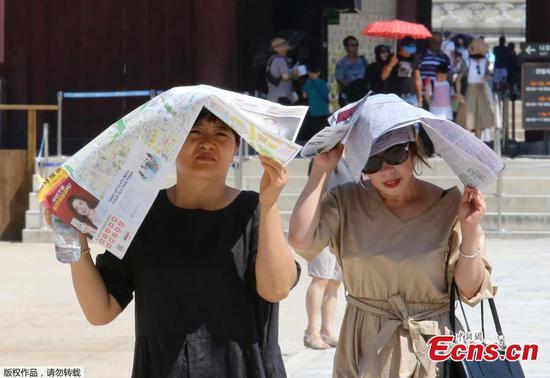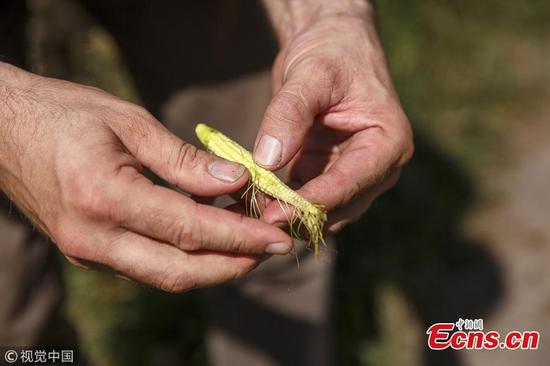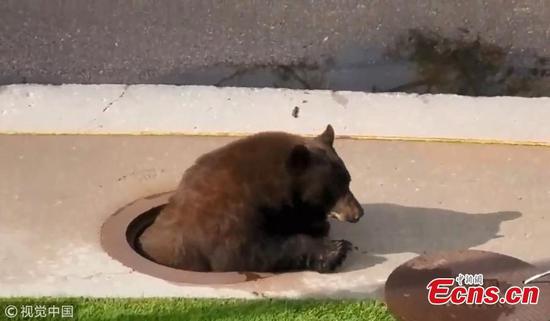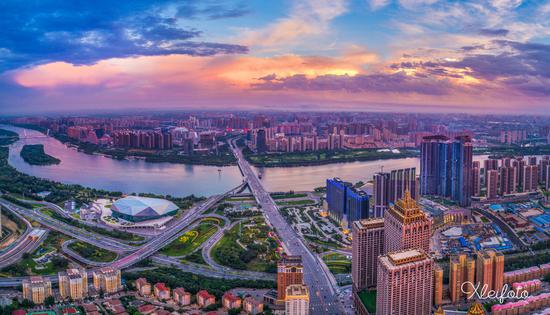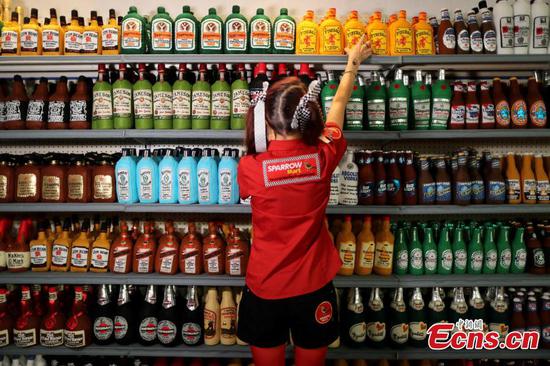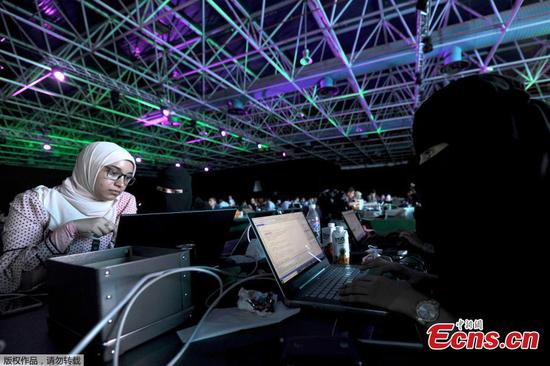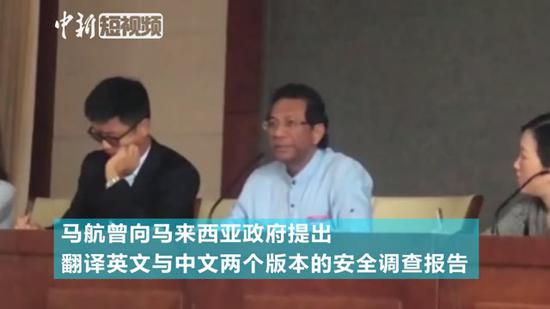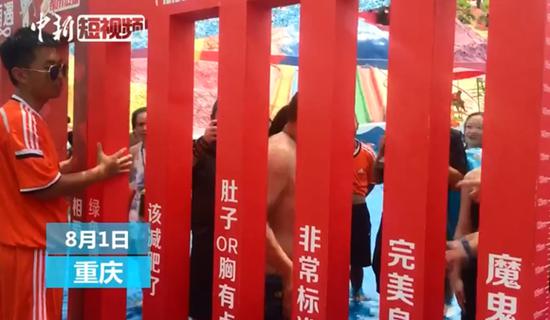The corresponding figures for a lower-tier city like Foshan in Guangdong province are 14,280 yuan now (as against 10,312 yuan at the beginning of 2017, 15,837 yuan at its peak in December, and 13,560 yuan in January after the crackdown).
NBS data summed up the price trend. Compared to last year, the four first-tier cities of Beijing, Shanghai, Guangzhou and Shenzhen reported no alarming rise in new home prices in June, and the prices of pre-owned homes rose just 0.1 percent.
However, in the same month, 31 tier-2 cities saw their home prices and used home prices rise 6.3 percent and 4.6 percent respectively from a year ago, widening the growth rates by 0.9 percentage point and 0.2 percentage point from May.
In addition, the other 35 tier-3 cities saw their new home prices increase 6 percent and used home prices by 4.3 percent.
Property industry experts warned home prices in lower-tier cities may run the risk of steep increases, given that top-tier cities appear to be falling in line, which could prompt investors to seek alternative destinations.
As if on cue, more than 40 Chinese cities announced 40-odd restrictions on the property sector as of July 28. The fresh curbs cover various aspects of the industry. In addition, Chinese cities unveiled more than 220 tightening measures since January, a two-year record.
Following up on last year's crackdown on irregularities in the residential market, central government entities such as the Ministry of Housing and Urban-Rural Development, the Ministry of Public Security, and the banking and insurance regulators launched a new round of cleanup campaign.
Speculation will be sought to be contained, illegal agencies will be identified and ejected from the market, developers disciplined and fake advertisements removed, industry insiders said.
The campaign to combat property irregularities, which began in July, will be carried out in 30 major cities till December-end. A notice on the Ministry of Housing and Urban-Rural Development's website stated that wrongful activities include price manipulation, deliberate delays in sales, illegal loans for down payment and publishing false price information to mislead buyers.
Among the 30 major cities that will scrutinize the local property markets are four top-tier cities (Beijing, Shanghai, Guangzhou and Shenzhen), second-tier cities (mostly provincial capitals such as Nanjing, Hangzhou, Wuhan and Chengdu), and some smaller cities such as Yichang and Foshan, according to the ministry notice.
Centaline Shanghai's Lu attributed the stable home prices in top-tier cities to the most drastic measures ever adopted. "Comparatively, the tightening policies of second-tier cities are less stringent, and the market is becoming more and more tolerant toward the new measures that are getting stricter gradually."









